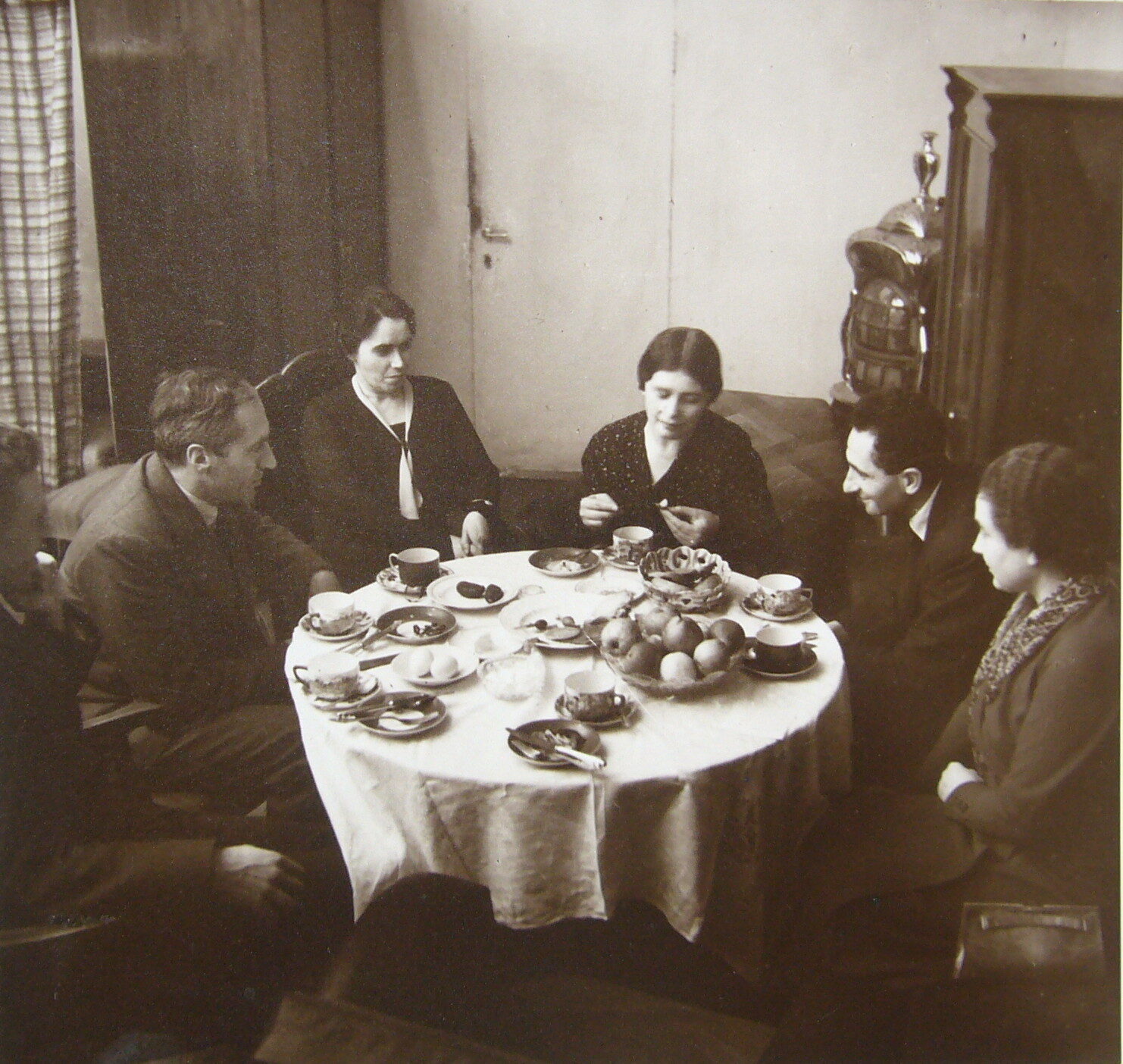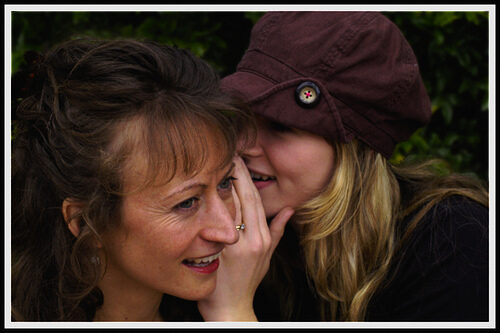“When an academic writes accurately about aspects of autistic lived experience in their research, some people grumble. “All they needed to do was ask me and I would have told them,” some will say.”
Tag: Maxfield Sparrow
Photo © Taston | Flickr / Creative Commons [image: A white person’s hand reaching for a blister pack of red & blue pills] Maxfield Sparrow unstrangemind.com Autistic people stereotypically don’t drink alcohol, or take drugs. We love clear boundaries and rules, so we don’t do anything illegal. We’re generally less susceptible to peer pressure. And everyone knows drinking is a social activity, so obviously autistic people wouldn’t even drink, let alone become alcoholics. Right? Wrong. Not only do some autistics drink and/or use drugs, but we risk addiction as well. The roots of autistic people’s addiction can go all the way back to childhood, so it’s very important to think about how we are raising autistic children today—if we want to help them avoid the pitfalls of addiction in the future. Why Do Autistics Drink and/or Use Drugs? This question is easy to answer. Ask any autistic person—even those who…
The problem is not autistic hand flapping. The problem is when the decision has been made that hand flapping is annoying or weird, and not natural (and adorable!).
Photo © Ivo Dimitrov | Flickr / Creative Commons [image: Illustration of a human brain, in profile, made of colorful cogs in various sizes and shapes.] Maxfield Sparrow unstrangemind.com [Content note: This post discusses suicidality, mental health, and death.] In the early 1990s, I was engaged to a man with epilepsy. He had tonic-clonic seizures and he was a big guy, so I was always alert to the possibility of an episode. I knew there were stores we couldn’t shop in, and roads I couldn’t drive down. I caught his body and lowered him safely to the ground more times than I can remember. I guarded him from the pressing crowd of curious onlookers when he came around after a public seizure. And I worried, feeling helpless, when his medication levels were off, and he had seizure after seizure. I can’t know what it is like to have epilepsy or…
by Maxfield Sparrow and Steve Silberman How complicit was Hans Asperger with the murderous eugenic policies of the Third Reich in his role as the head of the Children’s Clinic at University of Vienna in the 1930s and 1940s? This painful question, which has vexed autism history for decades, has been reopened by the simultaneous publication of Edith Sheffer’s book “Asperger’s Children” and Herwig Czech’s paper in The Journal of Molecular Autism, “Hans Asperger, National Socialism, and ‘race hygiene’ in Nazi-era Vienna.” By unearthing new information from the municipal archives in Vienna that was mistakenly believed to be lost, Sheffer and Czech make the case that Asperger was more culpable than historians previously believed. They portray him as a calculating, ambitious young physician who never joined the Nazi party but was “prematurely promoted” over the heads of his Jewish colleagues as they were purged from the university in the increasingly…
Ellenby wrote in the first half of Autism Uncensored that she was Zack’s accommodation and he “rides” her. By the second half of the book it is becoming clear that she is riding Zack, using his autism for a social payout to herself.
The Autistic unemployment rate is higher than the unemployment rate for all disabled Americans in general, and higher than the unemployment rate for non-Autistic Americans with developmental disabilities.
Maxfield Sparrow unstrangemind.com Me too. Which is why I can’t wait until Hollywood starts getting that stuff right so I *can* just relax and enjoy a film about people like me. #PleaseStandBy — Unstrange Mind 🖖🏼 (@UnstrangeMind) January 28, 2018 [image: Twitter exchange: “I want to see Please Stand By but as one on the spectrum I don’t want to be hung up on the attention to detail and accuracy of the portrayal at the expense of actually enjoying the movie.” -@GlennHampson “Me too. Which is why I can’t wait until Hollywood starts getting that stuff right so I *can* just relax and enjoy a film about people like me.” – @UnstrangeMind] That Twitter exchange sums up how I feel when I watch fictional movies that feature Autistic characters, like the recent release Please Stand By. I want to just sit back and let the experience carry me away to fantasy…
Going slow and watching for patterns are your two best tools for staying safe with people. People have patterns of behavior, and if you take your time getting to know them, they will fall into their patterns. Watch for red flags and decide ahead of time what you will accept and what is unacceptable.
Maxfield Sparrow unstrangemind.com Photo © barbara w | Flickr/Creative Commons [image: Hands on a typewriter keyboard, at a sunny wooden desk, next to a drink on a crocheted white doily, amidst some plucked green leaves.] The last decade has seen a blossoming of blogs, articles, books, and documentary films about autism, authored by actually Autistic people. This is an exciting time of growth for Autist-created content about autism, and I want to encourage all Autistic people to document their lives: whether in a private journal, or to share with the public. There are great personal and community benefits that come from Autistic people writing about our lives—especially when we write about emotions, victories, and challenges and not just the factual events by themselves, although any autobiographical writing is helpful to the writer as well as to others if they decide to share what they’ve written. Michel Foucault, the postmodern philosopher,…








